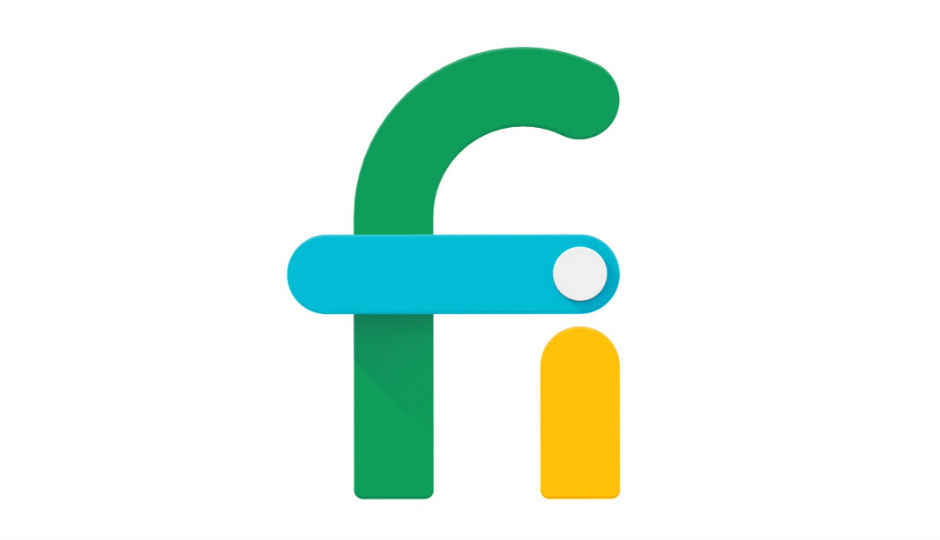Google’s Project Fi takes it closer to becoming a mobile data provider

With Project Fi, Google is providing wireless service to Nexus 6 users. The project is in a test phase right now and experts say it could have big implications.
The rumours are true. In what could be the most interesting development this year, Google has launched its own wireless data service, in line with an announcement made by Sunder Pichai at the MWC tech event last month. The service, known as Project Fi, switches between mobile data networks and WiFi keeping the consumer’s phone bills at a minimum. Google is partnering with T-Mobile and Sprint to launch the service and will start with Nexus 6 users only. Of course, it will only be available as an invite only service in the US, for the time being, but if successful, would have big implications for the future.
Under the Project Fi service, Google will charge consumers only for their data usage, operating over 1 million free Wi-Fi hotspots and cellular networks. The network will seamlessly switch between WiFi and LTE, based on which signal is the strongest. Google will charge $20 per month for the service, and $10 per GB of data once the consumer has used up his allotted limit.
So, for $20 you get the basic calling, texts, WiFi tethering etc. and you pay $10 over it for 1GB of data, $20 for 2GB, $20 for 3GB and so on. Also, Google says, since its hard to predict your data usage, the company will refund your money if you don’t use up the data you’ve paid for, meaning it will give you credit value for the amount of data left unused in your account. Google explains — “Let's say you go with 3GB for $30 and only use 1.4GB one month. You'll get $16 back, so you only pay for what you use.”
Another important feature of Project Fi is that your phone numbers are stored in the cloud, which will allow users to text or talk through any connected device, like tablets and mobiles.
Google made the announcement via a blog post on its official blog. While the service won’t make Google a major service provider right now, it has potential. Experts say that if successful, Google could pressure wireless service providers into lowering their charges.




